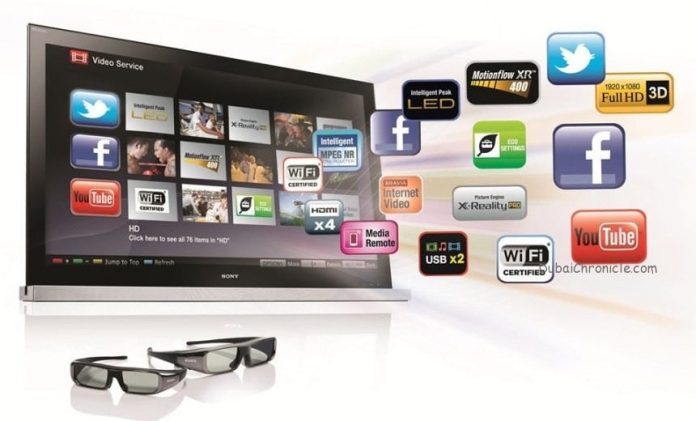
Internet population has by now reached over three billion people. Therefore, the Internet can easily be easily called the most valuable commodity of the the 21st century. Nevertheless, despite the mass adoption of the World Wide Web, more than 4 billion people remain offline. A number of technology companies, among which stand out Google and Facebook, are calling this “a problem.” The good news is that they are willing to connect the entire world in the most selfless manner… or are they?
Google’s Project Loon aims to boost wireless connectivity through high-altitude balloon that will be powered through solar energy. The company’s goal is to distribute internet to various parts of the world at an affordable price.
Facebook’s Internet.org project also aims to connect the entire world. The social media company has already teamed up with Microsoft, Samsung and Qualcomm on plans to bring the web to every single person in the world. In fact, Internet.org already offers free access to some basic services in countries like Kenya, India, Colombia, Zambia, Ghana and Tanzania.
All of that can seem very noble – two of the world’s biggest tech companies are willing to invest in making the internet more affordable and accessible for everyone. It sounds too good to be true, doesn’t it? What will companies like Facebook and Google from spending a crazy amount of money in connecting the entire world?
Guaranteed Consumer Base
While 3 billion people have already discovered the power of Google as a search engine and Facebook as a social network, 4.3 billion still have not walked this path. They are new potential consumers, who are currently out of reach. Both companies have the financial means and powerful partnerships to afford to build new Internet bridges, especially if that would mean a larger consumer base and bigger market share.
More Ads
You might think that developing and maintain wireless networks all over the world can be ridiculously expensive and you would be right to assume so. However, it is also pricey to develop and maintain a social network with more than 1.19 billion users or a search engine that is capable of performing 11.944 billion searchers every month. Still, both Facebook and Google remain free of charge services. That is possible because both platforms rely heavily on ad revenues. In addition, they collect user data for marketers and advertisers, which generate additional revenues. Now, imagine the same development, but on a larger scale – more than double.
Internet Domination
Large technology companies are successful because they follow carefully planned strategies for business expansion. But what if they could own the most valuable commodity today – the Internet? They would become unstoppable. Google is no longer a just a search engine company. It has entered the mobile market with its Android operating system and services. The company releases products that range from smartphones to media streaming gadgets and the list goes on. Facebook has also started to diversify its field of work. Facebook is going in a similar direction. The company has announced its plans to expand the functions of its Messenger app by allowing consumers to use other service through it, like news apps, Instagram, WhatsApp and etc. By turning themselves into universal internet hubs and connecting the world to them, Facebook and Google could easily become dominant figures on the World Wide Web.
Therefore, the lack of wireless Internet access all over the world is not a problem, but a business opportunity in the making.


































